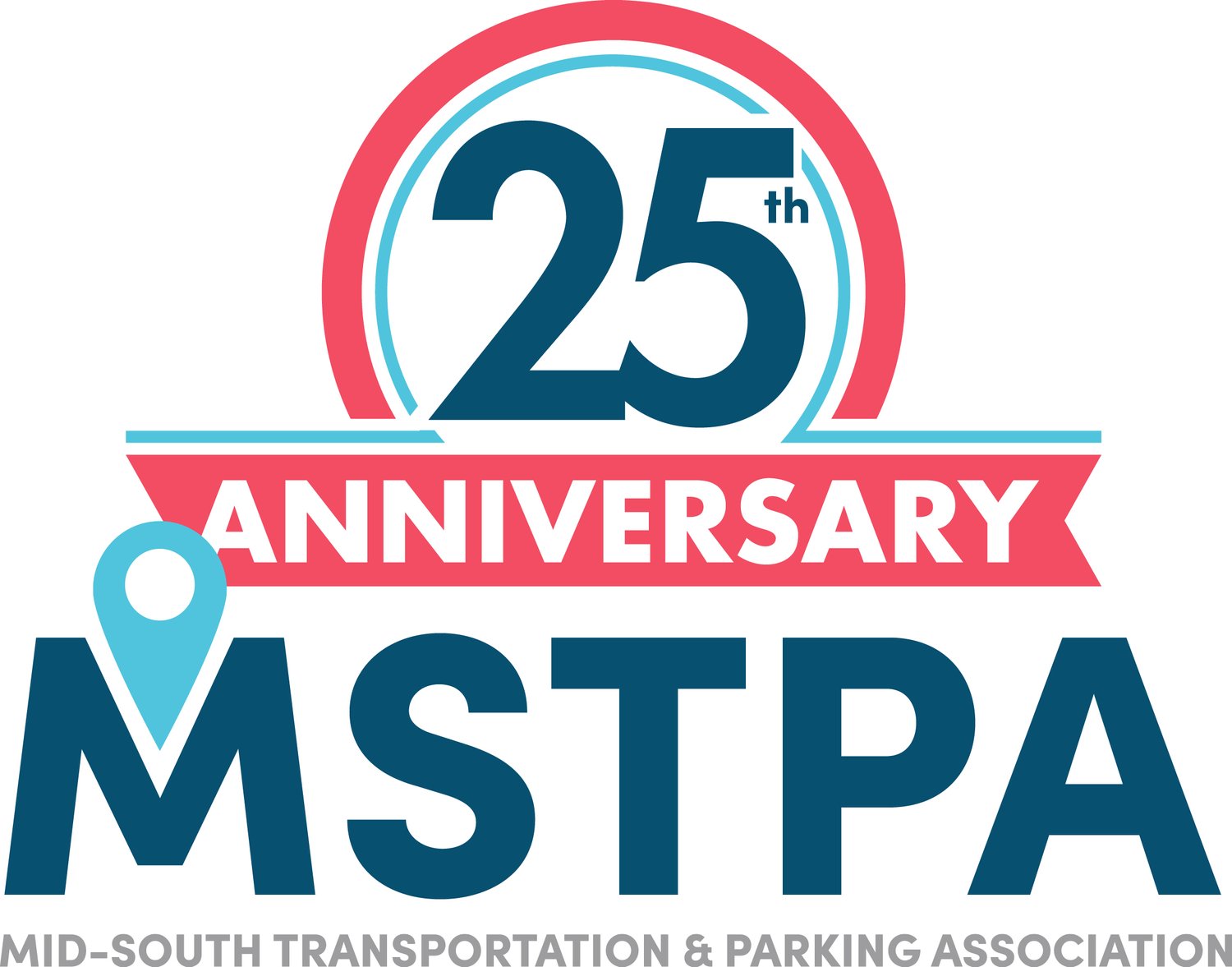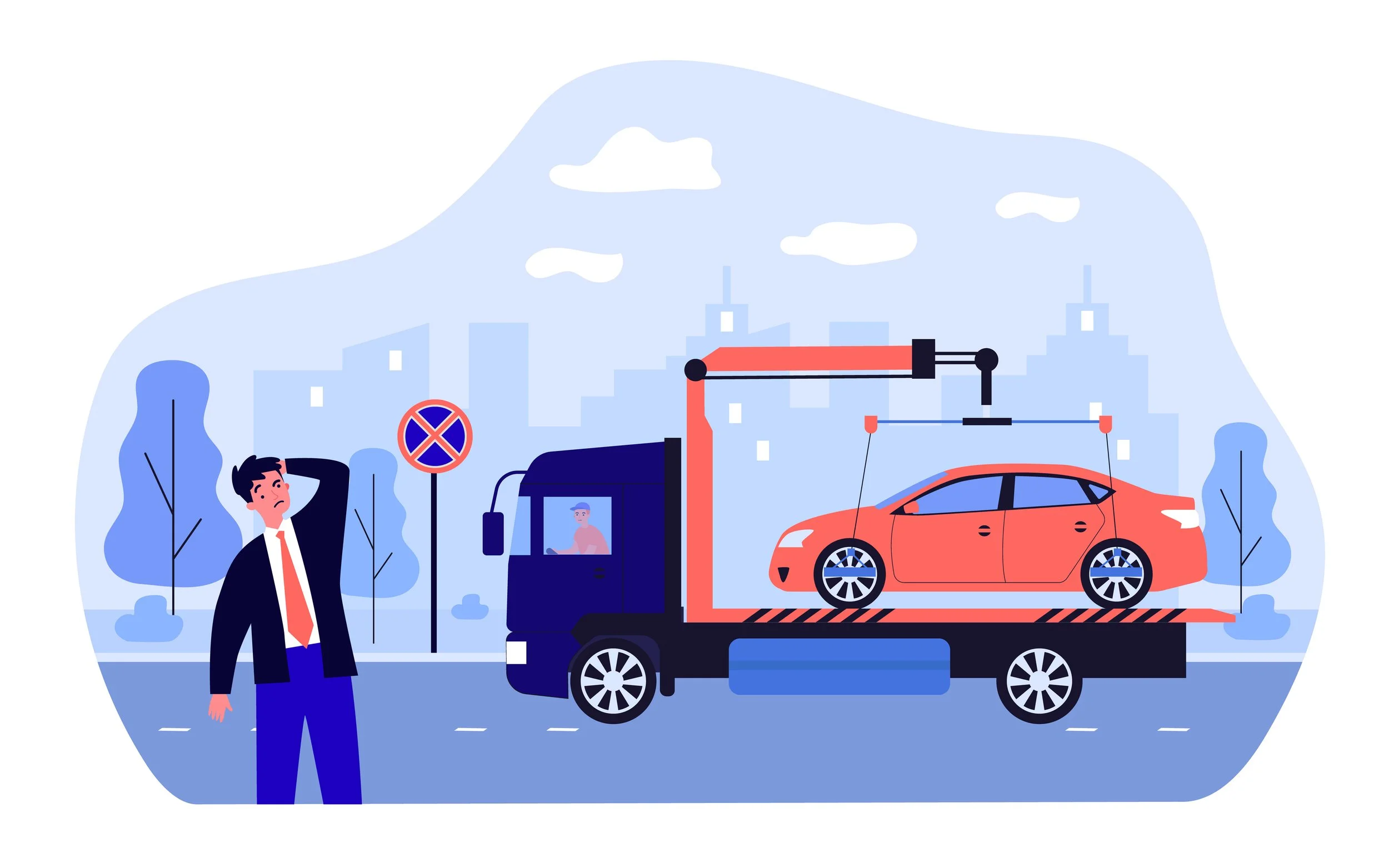Navigating Predatory Towing
Andre Davis
Birmingham Parking Authority
Predatory towing – the mere mention of it evokes frustration and anger among those who have experienced it. In Birmingham, Alabama, this issue has escalated to alarming levels, leaving citizens and municipalities grappling with the question: How do you control it?
Private lot owners have contracted directly with local towing companies, and seemingly wield unchecked power by regularly towing away unauthorized vehicles. While towing away such vehicles might seem justifiable (and may be at times), it can lead to significant stress and conflict within the community when alternatives solutions (and grace) could be considered. For instance, patrons simply entering in a slight license plate number transposition or error through an app-to-pay option has led to immediate towing, leaving vehicle owners frustrated. As citizen complaints soar, the urgency to address this issue becomes undeniable.
I know that Birmingham is not alone in its struggle against predatory towing. Across various municipalities, similar tales of abuse and exploitation have emerged, prompting authorities to explore strategies to curb this practice.
One approach that has gained traction is stringent regulation. Some cities have implemented ordinances that limit towing fees and establish clear guidelines for towing companies, ensuring that vehicle owners are not unfairly targeted or exploited. Such measures act as a deterrent, dissuading towing companies from engaging in predatory practices while safeguarding the rights of citizens.
In addition, community engagement and awareness play a crucial role in combating predatory towing. Providing residents and visitors with knowledge about their rights and recourse options can help them navigate extreme towing regulations more effectively. Platforms for reporting abuses and seeking assistance can serve as vital lifelines for those who have experienced predatory towing.
Furthermore, technological innovations offer promising avenues for addressing this issue. From improved payment systems with foolproof verification mechanisms to innovative solutions for remote monitoring of towing activities, technology can be leveraged to enhance transparency and accountability in the towing process.
Perhaps the most effective solution lies in fostering dialogue and collaboration between all stakeholders involved – private lot owners, towing companies, local authorities, and citizens. By fostering an environment of mutual understanding and cooperation, it becomes possible to strike a balance between the rights of property owners and the protection of consumer interests.
Ultimately, the effort to control predatory towing is not merely about reclaiming towed vehicles or seeking restitution for unjust practices. It is a quest for fairness and accountability. Has your community faced similar issues with predatory towing? What have you done to curb this issue?

